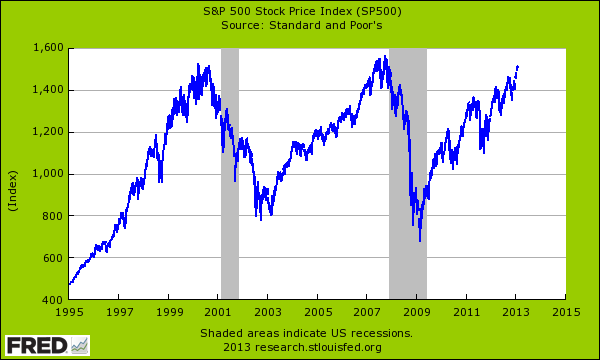Investing in the stock market can be both exciting and intimidating. With so many options and variables to consider, it’s easy to feel overwhelmed. That’s where a stock market advisor comes in.
A knowledgeable and experienced advisor can provide valuable guidance and support, helping investors navigate the complexities of the market and make informed decisions.
Understanding the Role of a Stock Market Advisor
A stock market advisor is an expert who provides financial advice to individuals and organizations looking to invest in the stock market. They analyze market trends, assess risk tolerance, and identify suitable investment opportunities to help clients achieve their financial goals.
Advisors stay informed about economic indicators and company performance to make informed recommendations. They also evaluate risk appetite and curate portfolios tailored to individual preferences, maximizing returns while minimizing risks.
In summary, advisors play a crucial role in guiding investors through the complex world of stock market investing.
How a Stock Market Advisor Can Help Investors Navigate the Market
A stock market advisor is a valuable asset for investors looking to navigate the complexities of the market. These professionals bring expertise and experience, staying up-to-date with trends and news to make informed decisions on behalf of clients.
They help create diversified portfolios, spreading risk across different investments while maximizing returns. Advisors also provide ongoing monitoring and accountability, making adjustments based on changes in circumstances or the market landscape.
Look for advisors with expertise, trustworthiness, strong communication skills, and a client-centric approach for a successful investing journey.
Experience and Expertise in the Field
When choosing a financial advisor, it’s important to consider their experience and expertise in the stock market. Look for advisors with a solid track record of successful navigation through various market conditions.
Check their educational background, certifications, and additional training to ensure they are well-equipped to make informed investment decisions. Consider their specialization in specific market segments or investment styles that align with your goals and risk tolerance.
Evaluating references and reviews can provide further insights into their reputation and ability to help clients achieve financial success in the stock market.
Strong Track Record of Success
When selecting a reputable advisor, it’s crucial to consider their track record of success. Request performance data or client testimonials to gauge their effectiveness in achieving desired results. A strong track record instills confidence and trust, showing the advisor’s ability to consistently generate successful outcomes.
It demonstrates their knowledge, skills, and adaptability in navigating complex financial landscapes. Assessing their past achievements helps you make an informed decision and build a successful partnership based on credibility and proven results.
Good Communication Skills and Ability to Explain Complex Concepts
A skilled investment advisor must possess excellent communication skills to effectively explain complex investment concepts. They should be able to break down intricate strategies into understandable terms, helping clients make informed decisions.
By using clear and concise language and actively listening to clients’ concerns, advisors create a trusting environment where clients feel comfortable seeking clarification on complex topics. Effective communication is essential for guiding clients through the complexities of investing successfully.
Tailored Investment Strategies Based on Individual Needs and Goals
Investing in the stock market requires a personalized approach that considers each individual’s unique financial goals, risk tolerances, time horizons, and liquidity needs. A competent stock market advisor takes the time to thoroughly understand their clients’ objectives and develops customized investment strategies aligned with these goals.
By tailoring strategies based on individual needs, investors can make informed decisions that increase the likelihood of achieving their financial aspirations.
Traditional Financial Advisors
Traditional financial advisors offer personalized investment advice and comprehensive financial planning services. They work closely with clients to develop tailored investment plans aligned with their long-term goals.
These advisors provide personalized attention, incorporate other aspects of financial planning, and are readily available for consultations. However, they often charge higher fees based on a percentage of the assets managed and may have limitations on serving clients with smaller portfolios.
Well-known traditional advisory firms include Merrill Lynch, Morgan Stanley, and Edward Jones.
Robo-Advisors and Algorithmic Trading Platforms
Robo-advisors and algorithmic trading platforms have transformed the investing landscape. These online platforms use algorithms to provide automated investment advice, offering a low-cost alternative to traditional advisors. Robo-advisors are accessible anytime, anywhere, making them convenient for busy individuals.
They also have lower fees and are suitable for smaller portfolios. However, they lack the personal touch of traditional advisors. Algorithmic trading platforms excel in executing trades quickly and reducing emotional biases but require technical expertise. Choosing between these options depends on individual preferences and goals.
[lyte id=’eBUYUsPwLgs’]







